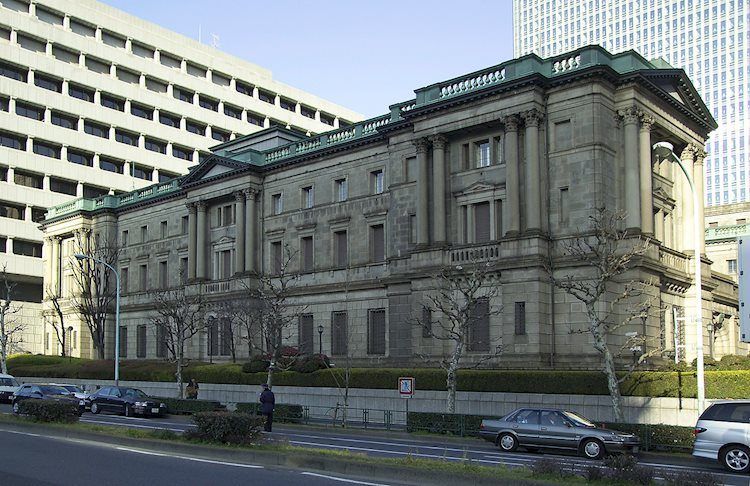The Bank of Japan (BoJ) Deputy Governor Shinichi Uchida recently stated that they have successfully overcome the zero lower bound, marking a significant milestone for the country’s monetary policy. Despite this achievement, there are still challenges ahead, particularly in anchoring inflation expectations to the target of 2%. Uchida believes that the end of their battle is in sight, indicating a newfound confidence in their ability to stabilize prices.
This shift towards a conventional monetary policy framework is a welcome development, signaling a return to stability. By focusing on a 2% price stability target through adjustments of the short-term policy rate, the BoJ has demonstrated its commitment to overcoming past obstacles. However, there are lingering doubts about whether Japan has truly overcome the deflationary norm that has plagued the economy in recent years.
One of the key drivers of these changes has been labor shortages, which have had a profound impact on the economy. As labor market conditions have shifted structurally and irreversibly, there have been significant implications for inflation and price stability. Higher menu costs, combined with mild inflation, have slowed the pace of price adjustments, requiring the central bank to exert more effort to navigate this new landscape.
Despite these challenges, there is a sense of optimism in the air as Japan continues to make progress towards its economic goals. The market reaction to these developments has been somewhat mixed, with the USD/JPY pair losing 0.15% on the day. However, there is hope that as the country moves towards a more stable and predictable monetary policy framework, investor confidence will grow, leading to greater economic growth and stability in the long run.
Overall, Uchida’s comments reflect a newfound sense of confidence and determination within the BoJ as they navigate the complexities of the current economic landscape. By acknowledging the challenges ahead while also celebrating the progress made so far, Japan is well-positioned to overcome its past struggles and chart a course towards a brighter future. With a renewed focus on stability and price targets, the country is poised to emerge stronger and more resilient than ever before.































